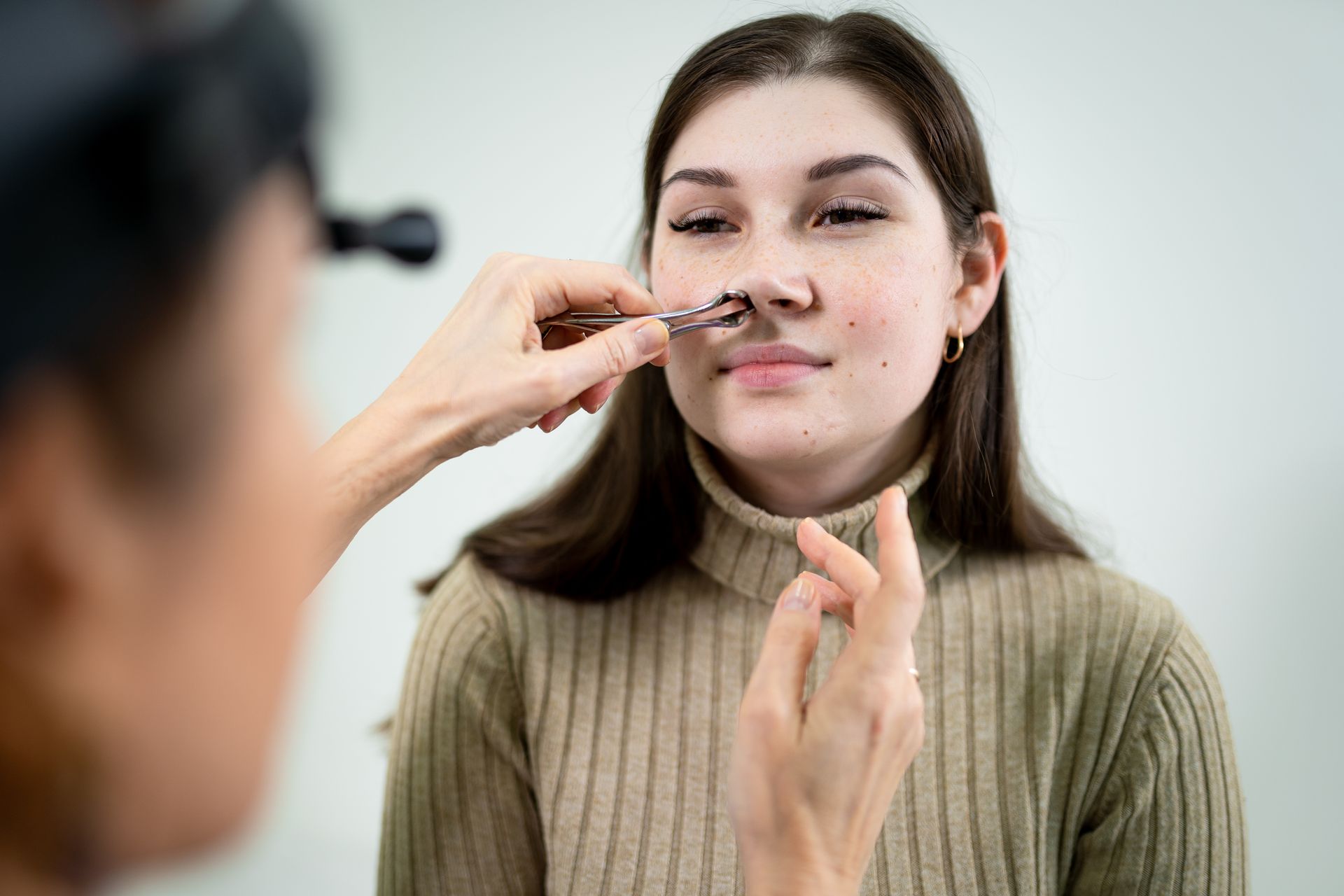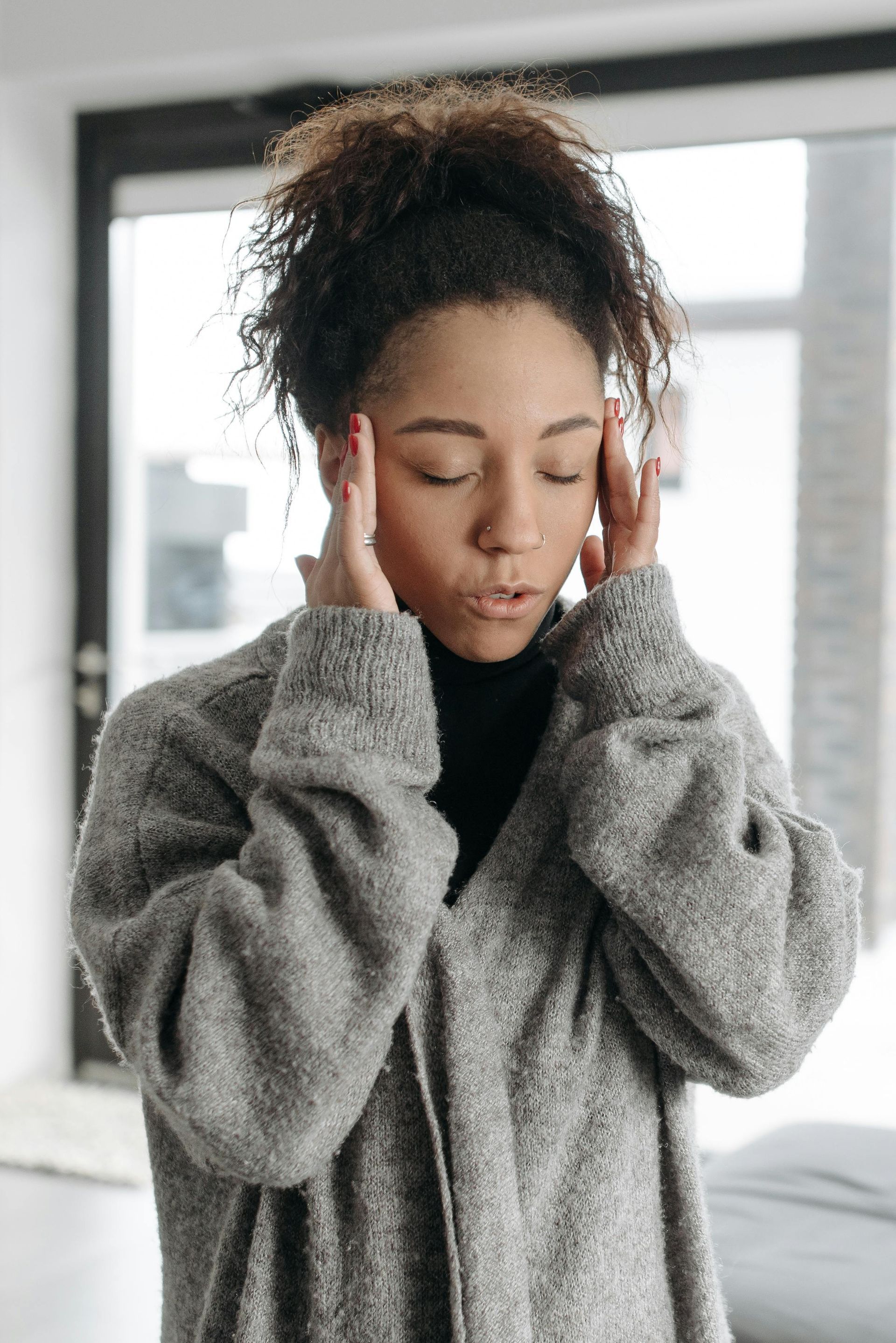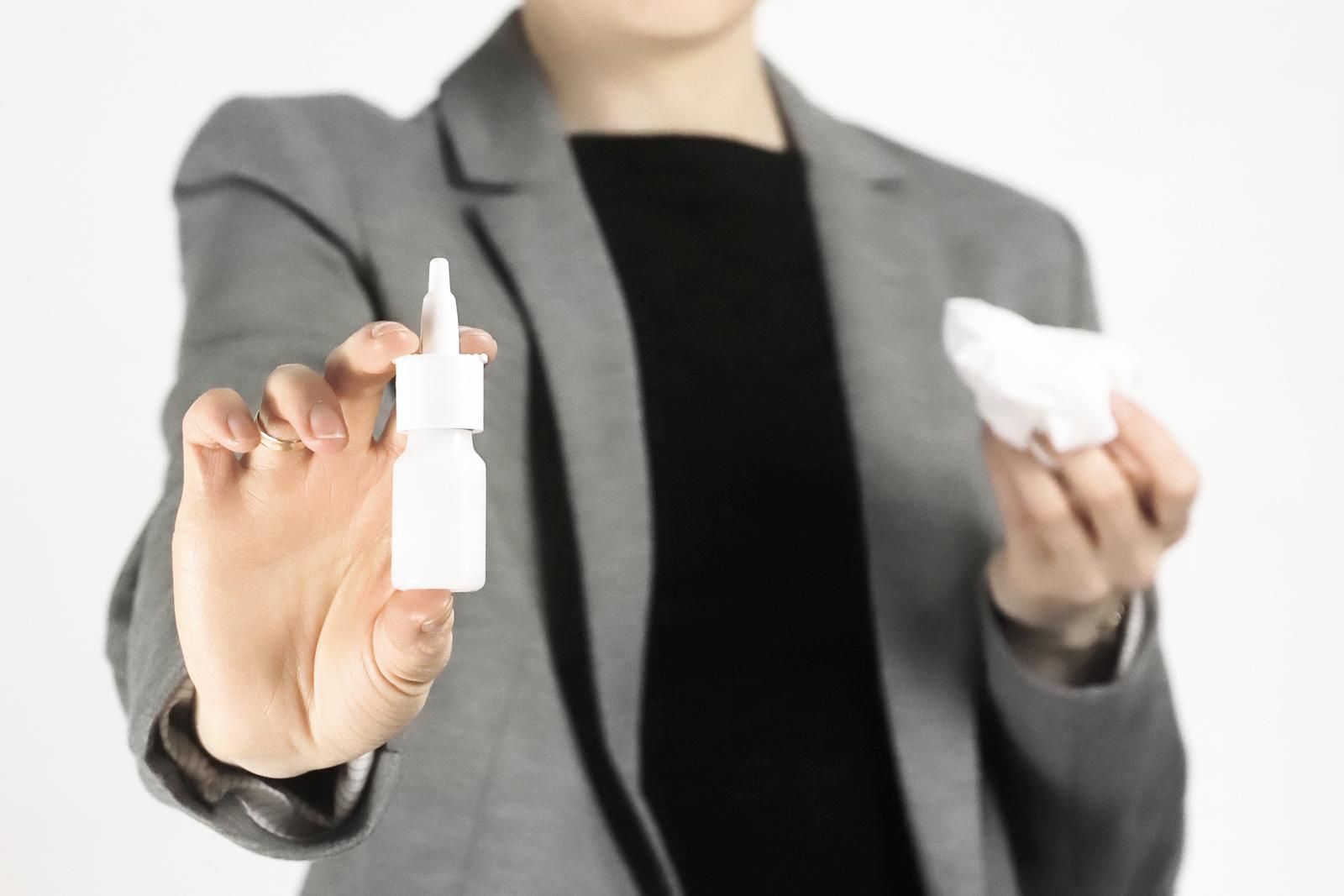How to Get Rid of Sinus Headaches
Are you one of the many people dealing with headaches? If you’re feeling pressure in your forehead or cheeks, it could be a sinus headache! Understanding what you’re experiencing is the first step toward finding relief.
What is a Sinus Headache?
A sinus headache happens when the sinuses—air-filled spaces in your forehead, cheeks, and behind your nose—become inflamed or blocked. This inflammation can be caused by conditions like sinusitis (an infection or inflammation of the sinuses), allergies, or a cold.
Symptoms of a Sinus Headache
You might notice these common symptoms with a sinus headache:
- Pain and Pressure: This pain is usually felt in the forehead, cheeks, or around the eyes and may worsen when bending over or lying down. It often feels like a heavy pressure or fullness.
- Nasal Congestion: Many people experience a stuffy or runny nose along with the headache.
- Facial Tenderness: The areas around your sinuses may feel sore to the touch.
- Other Symptoms: You might also have additional symptoms like fever, fatigue, and a decreased sense of smell or taste.
Distinction from Other Headaches
Sinus headaches can sometimes be confused with migraines or tension headaches. Here’s how you can tell them apart:
- Sinus Headaches: These come with symptoms like nasal congestion and facial pressure, typically due to sinus problems.
- Tension Headaches: These create a dull, tight sensation around your head and are often linked to muscle tension.
- Migraines: These are characterized by sharp, throbbing pain on one side of the head and can cause nausea or sensitivity to light.
- Cluster Headaches: These involve intense pain around one eye and occur in cycles, which is different from sinus headaches.
If you suspect you have a sinus headache that doesn’t improve or worsens, see an ear, nose, and throat (ENT) doctor for an accurate diagnosis and treatment.
Strategies to Get Rid of Sinus Headaches
Treating sinus headaches usually focuses on relieving the underlying cause of the sinus inflammation. Here are some options:
- Home Remedies: You can try several simple methods at home, including:
- Staying hydrated by drinking plenty of water
- Inhaling steam from hot water or during a shower
- Applying a warm compress to your face
- Using saline nasal rinses to clear your nasal passages
- Taking over-the-counter pain relievers or decongestants
- Prescription Medications: If home remedies aren’t effective, your doctor may prescribe:
- Nasal Corticosteroid Sprays: These reduce inflammation in your nasal passages.
- Antibiotics: If you have a bacterial sinus infection, your doctor may prescribe antibiotics to help you recover.
- Allergy Treatments: If allergies are causing your sinus headaches, you might benefit from:
- Antihistamines: These can help lessen allergy symptoms and reduce nasal congestion.
- Allergy Shots: For severe allergies, your doctor may suggest allergy shots to help lower your sensitivity to allergens over time.
- Surgery: If sinus issues persist despite other treatments, surgery may be necessary to remove blockages or fix structural problems in your sinuses.
Combining these treatments can provide effective relief from sinus headaches. It’s important to consult an ear, nose, and throat doctor (ENT) to create the best treatment plan for your specific situation. For any questions, feel free to contact our specialists to schedule an appointment and receive compassionate and comprehensive support.













